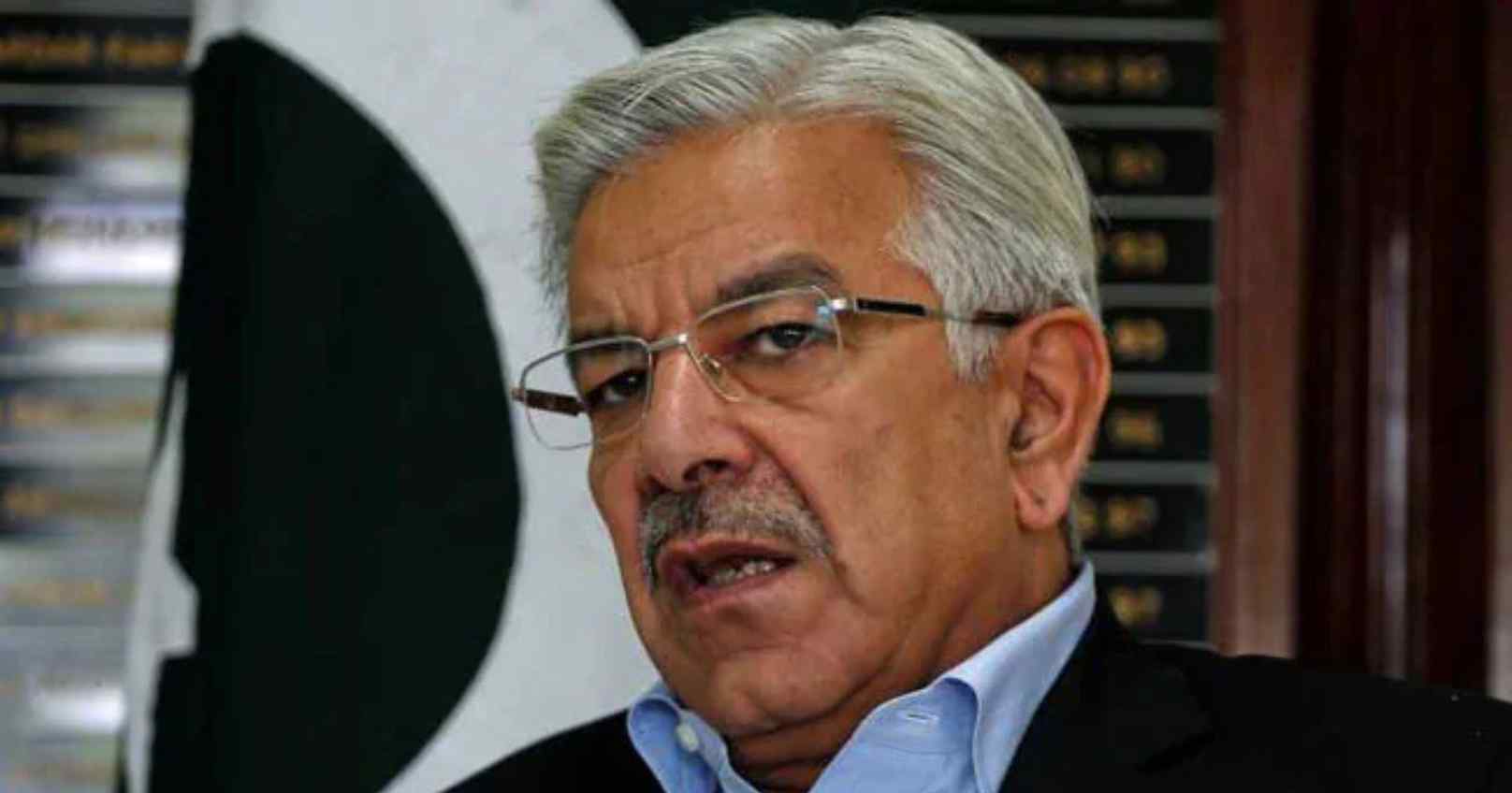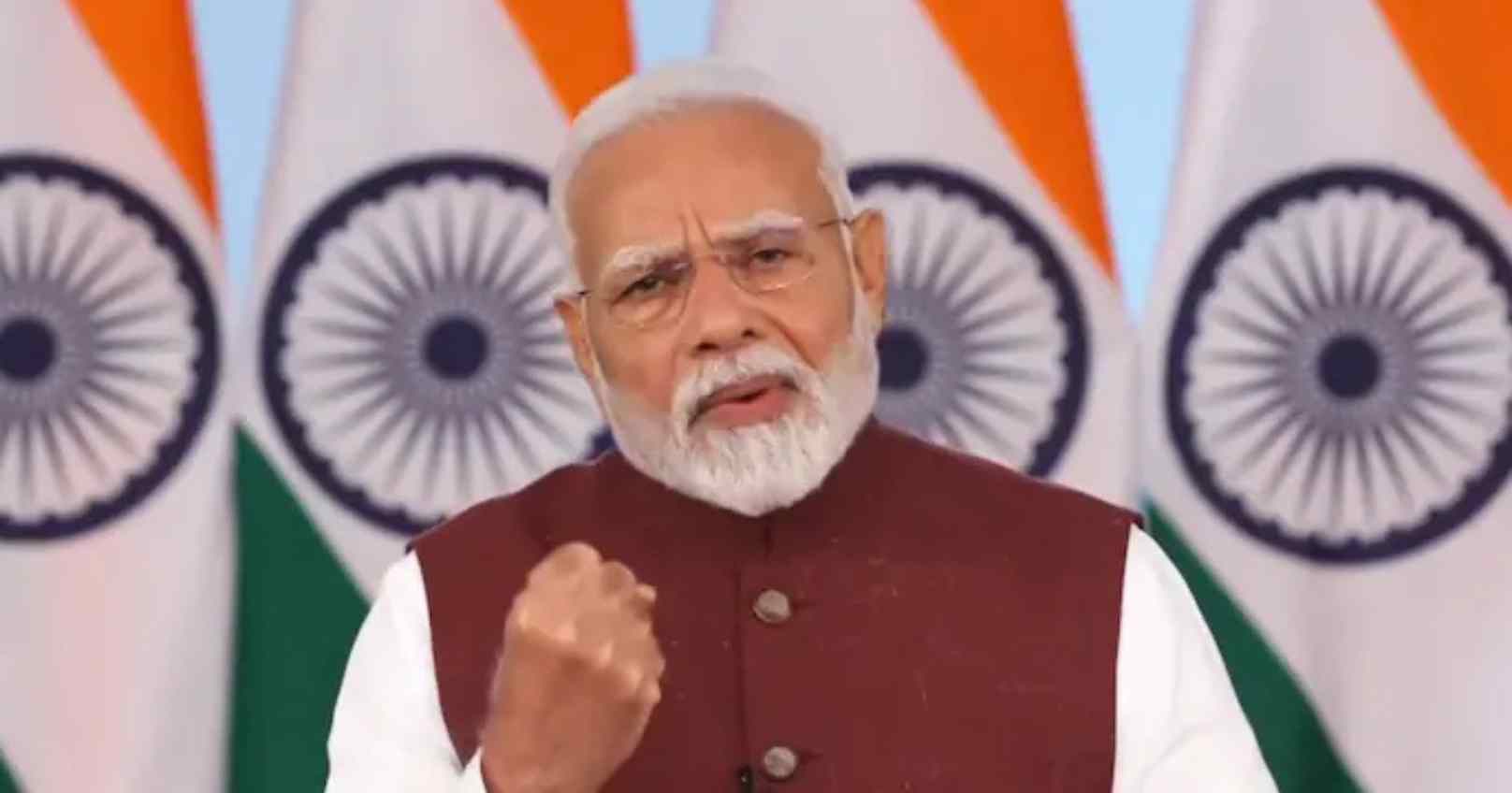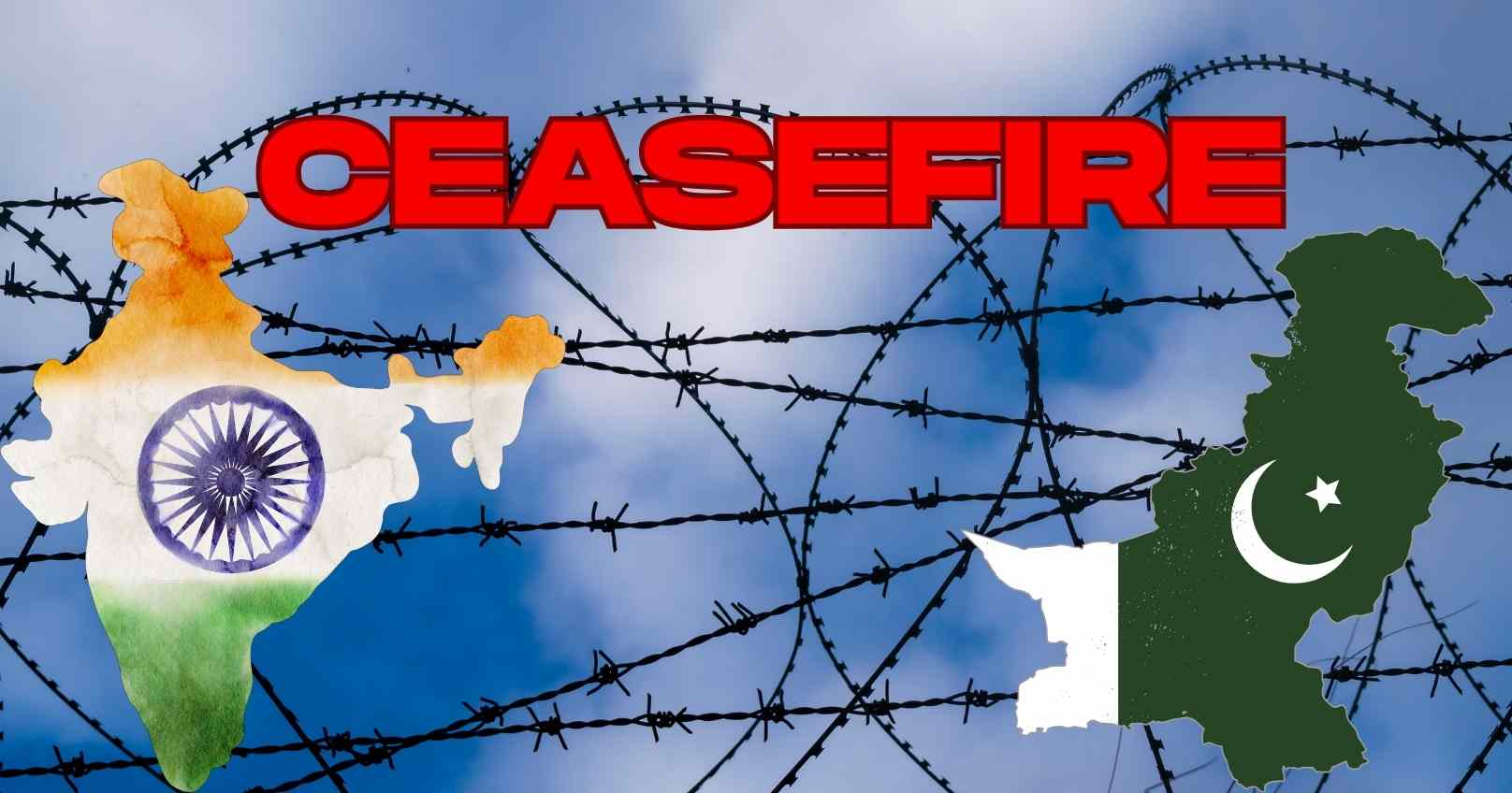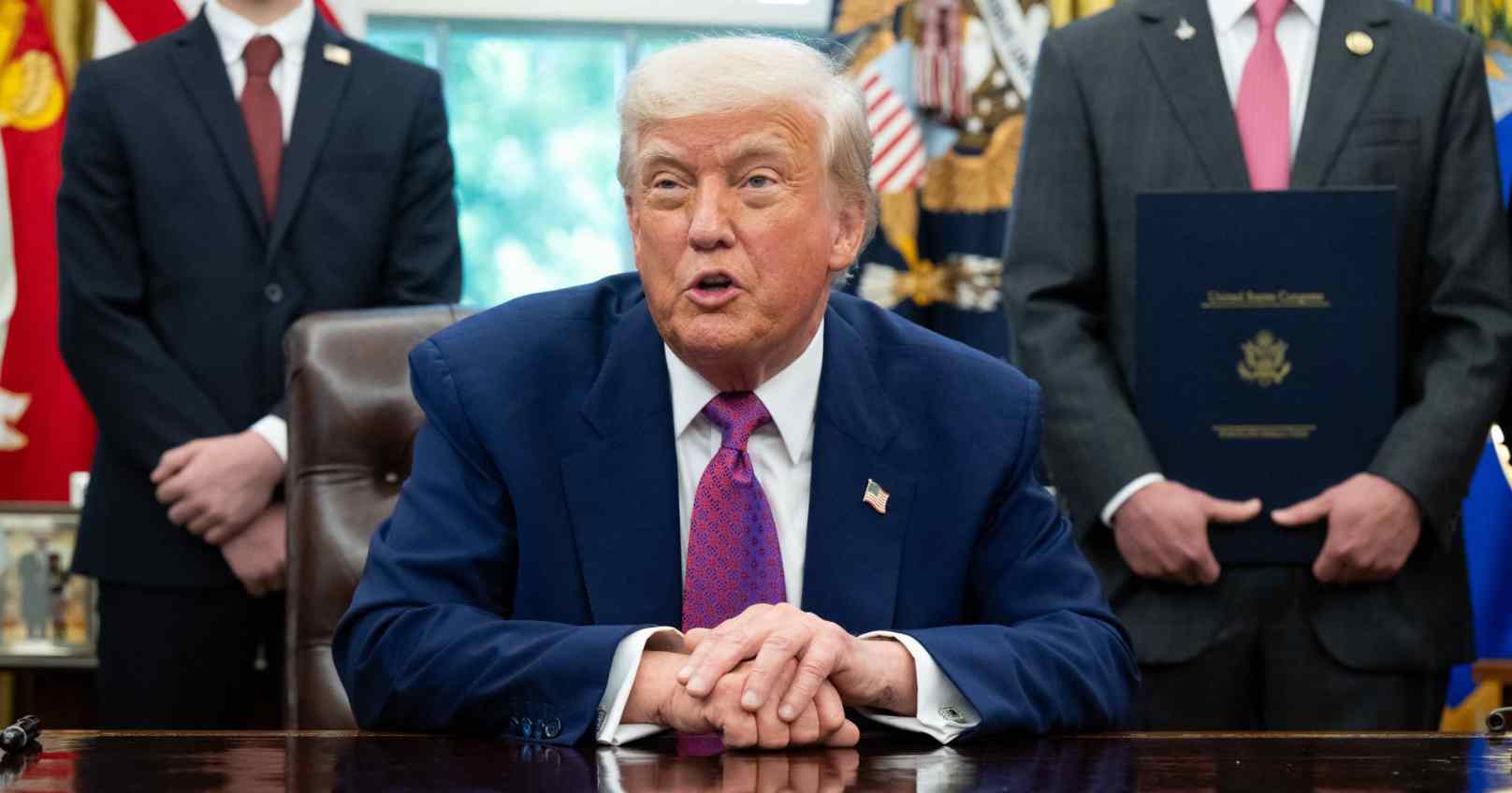Pakistan's Defence Minister Khawaja Asif has dismissed allegations that terrorists or terror groups continue to operate from within the country, asserting that those residing in Pakistan "do not engage in terrorism, either here or across the border in India."
His comments came during an interview with the BBC’s Pakistan correspondent Azadeh Moshiri, shortly after a spike in India-Pakistan military tensions following the April 22 Pahalgam attack in Jammu and Kashmir. The attack, which left 26 people dead—mostly civilians—was claimed by a Lashkar-e-Taiba proxy, a group New Delhi has long alleged operates with support from Pakistan’s deep state.
When asked if terrorist leaders or organisations remain active in Pakistan, Mr Asif responded firmly, "No." He rejected the notion that groups like Lashkar or Jaish-e-Mohammed are still operating freely, calling them remnants of the past.
The Pakistani minister also responded to allegations by the United States that groups such as Jaish-e-Mohammed—accused of orchestrating deadly attacks like Pulwama (2019) and Uri (2016)—continue to operate under the cover of legitimate business fronts. Rather than deny the US claims outright, Mr Asif reflected on the role Washington played in arming jihadist groups during the Cold War-era Soviet-Afghan conflict.
“These organisations were once America’s allies in Afghanistan... and Pakistan stood with them,” he said, suggesting that while the West has since absolved itself of responsibility, Pakistan is still burdened with the consequences. “These very people, who were once hailed as mujahideen, are now called terrorists. They’ve been 'dry-cleaned', and we’re still held accountable,” he said pointedly.
He challenged the global narrative around terrorism, questioning, “Who decides who is or isn't a terrorist?”
Mr Asif insisted that while certain leaders from these groups are still alive, they no longer engage in violent activities—either within Pakistan or across the border in India.
This isn’t the first time in recent weeks that Pakistan’s defence minister has acknowledged ties between the country and terrorist outfits. In a separate interview with Sky News last month, given just days after the Pahalgam killings, Mr Asif admitted, “We have done the dirty work for the US for 30 years.”
India has consistently blamed Pakistan for harbouring and aiding terrorist networks responsible for cross-border attacks. These include not just recent strikes like Pahalgam, but also past atrocities such as Pulwama, Uri, the 2001 Parliament attack, and the 26/11 Mumbai carnage. Pakistan has denied involvement in all such incidents, despite mounting evidence pointing to its links with global terror operations, including the 2005 London bombings.
Efforts by Pakistan to sway global opinion have yielded little success. After the Pahalgam attack, a closed-door consultation at the UN Security Council reportedly gave short shrift to Pakistan’s concerns, instead demanding answers on why groups like Lashkar-e-Taiba continue to function on its soil.
India has also drawn attention to what it calls “state links” between the Pakistani Army and known terrorists. Following Operation Sindoor—India's military response to the Pahalgam killings—the Indian government claimed that individuals with established terror affiliations were buried with state honours in Pakistan, in the presence of senior army personnel.







